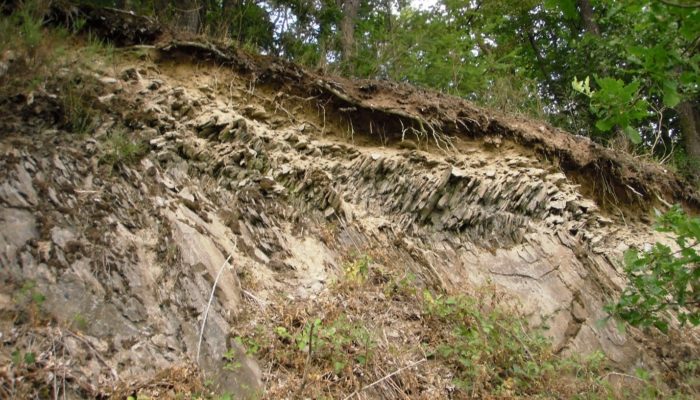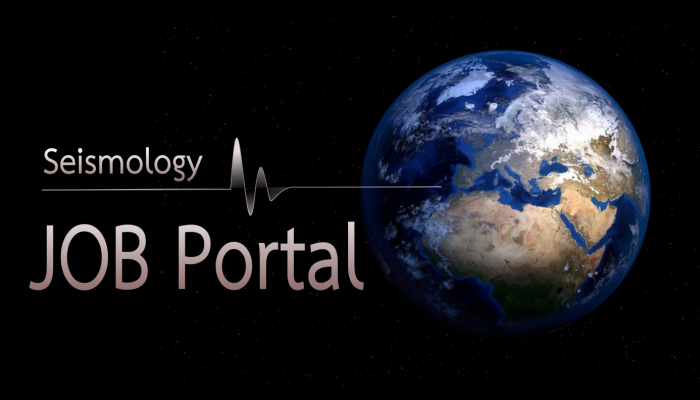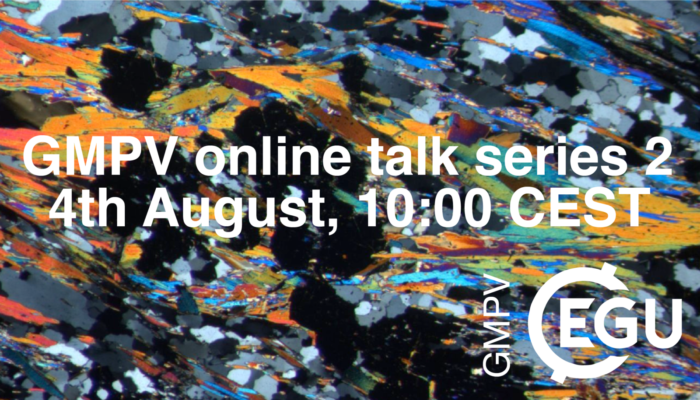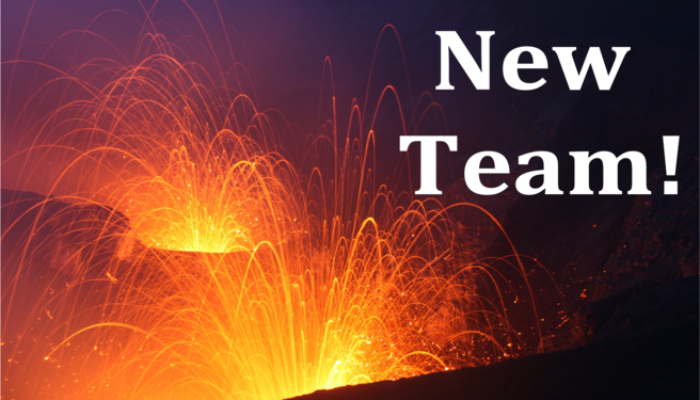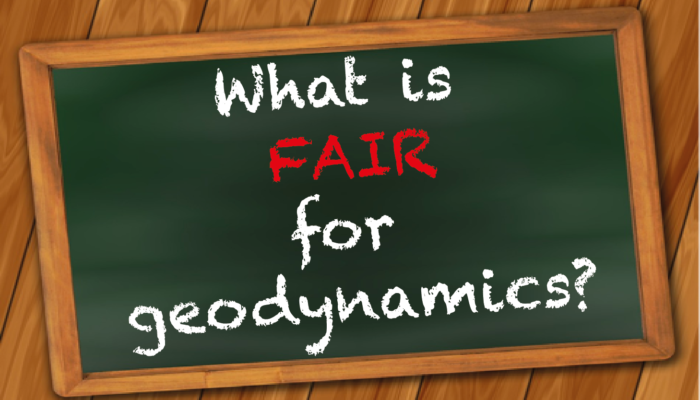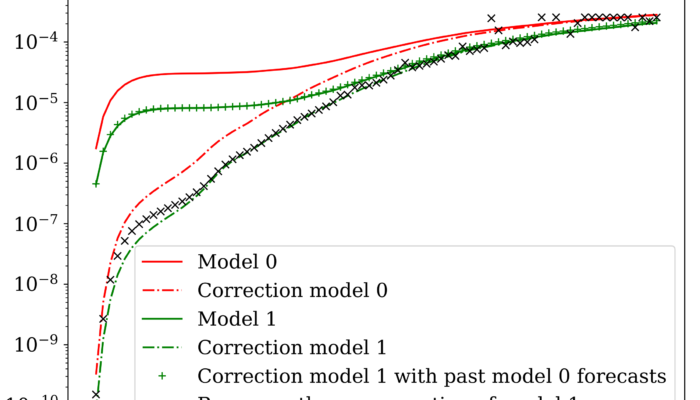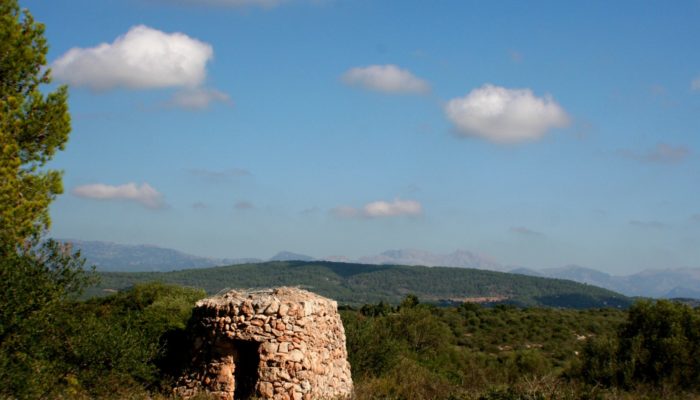Slate bedrock, an often overlooked system At first sight, the Weierbach catchment may seem unspectacular. It is indeed a small (42 ha) forested headwater catchment, located at mid-latitude in a low mountain range (450-500 m a.s.l.). However, when you take a closer look, and particularly below the surface, the Weierbach is a truly exciting eco-hydrological system. Located in the Luxembourgish Arden ...[Read More]
Ocean Sciences
OceanTalk with Frédéric Le Moigne
Frédéric Le Moigne has been awarded the 2020 Outstanding Early Career Scientist Award for the Division of Ocean Sciences and he agreed to be interviewed for our first blog post on the new Ocean Sciences blog. Frédéric can you tell us about your background and education? I was born and raised on the Atlantic coast, near the bay of Brest in Brittany, western France. In Brittany the ocean is an impor ...[Read More]
Ocean Sciences
Welcome to the new Ocean Sciences Division blog!
Hello and welcome to the blog of the EGU Ocean Sciences Division! We are very excited to launch this new blog and finally join the EGU Blogsphere. Here we provide content of interest to the division and especially to the Early Career Scientists. This blog aims to spread our fascination for the ocean and share different aspects of ocean research. We will feature different types of blog articles, in ...[Read More]
Seismology
Seismology Job Portal
On this page, we regularly update open positions in Seismology for early career scientists. Do you have a job on offer? Contact us at ecs-sm@egu.eu Please, note that other available research positions are displayed on the EGU Jobs Portal.
Geochemistry, Mineralogy, Petrology & Volcanology
GMPV ECS online talk series 2: 4th August
We’re back! After a short break, the Geochemistry, Minerology, Petrology and Volcanology division’s early career scientists talks will return on Tuesday 4th of August at 10am CEST. We have another four fascinating talks, covering a broad range of disciplines, methodologies and field locations! • Artur Ionescu (Babes-Bolyai University) – “Fluid geochemical studies in the Balkans: from planning up t ...[Read More]
Geochemistry, Mineralogy, Petrology & Volcanology
That’s us! – The new GMPV ECS Team 2020/2021
Usually our blog posts are about fancy minerals and cool science, but today we want to use this platform to introduce you to our new GMPV ECS team for the term 2020/2021! First of all, what exactly are we doing here in the GMPV ECS team and why are we even existing?! – Well, the GMPV ECS team is a group of young researchers (themselves being ECS), who want to support young scientists at the beginn ...[Read More]
Geodynamics
The Sassy Scientist – Of Codes And Cares
On the matter of code choices, Alexa could have asked Siri, but instead chose an old-fashioned medium of enquiry compatible across all operating systems and wrote in to ask: Should I perform my research with an in-house code, an open source code or a commercial code? Dear Alexa, As a famous novel does not quite begin, it is a truth universally acknowledged that a geodynamicist in possession of a g ...[Read More]
Geodynamics
What is FAIR for Geodynamics?
A very important part of science, which is getting more and more attention, is how to share and manage our data. This week, Adina E. Pusok, Postdoctoral Researcher at the Department of Earth Sciences, University of Oxford, shares thoughts and tips on how to make our science fairer. So, what is FAIR for Geodynamics? This is a big question! I would say that what is fair for geodynamics is fair for a ...[Read More]
Nonlinear Processes in Geosciences
NPG Paper of the Month: “Correcting for model changes in statistical postprocessing – an approach based on response theory”
This month the NPG Paper of the Month award is achieved by Jonathan Deameyer and Stéphane Vannitsem for their paper “Correcting for model changes in statistical postprocessing – an approach based on response theory” (https://doi.org/10.5194/npg-27-307-2020). Jonathan did his PhD in statistical mechanics at the Université Libre de Bruxelles under the supervision of Pierre Gaspard and he is currentl ...[Read More]
Natural Hazards
In between Natural Hazards and Heritage, interview to Maria Bostenaru
In today’s interview, we talk with Dr Maria Bostenaru. Maria is an architecture engineer interested in the complex relationship between urban areas, natural hazards, and heritage. She tells us how she thinks that involving more humanities, which include, for example, the study of languages, literature, archaeology, together with information technology solutions, may result in new important a ...[Read More]

